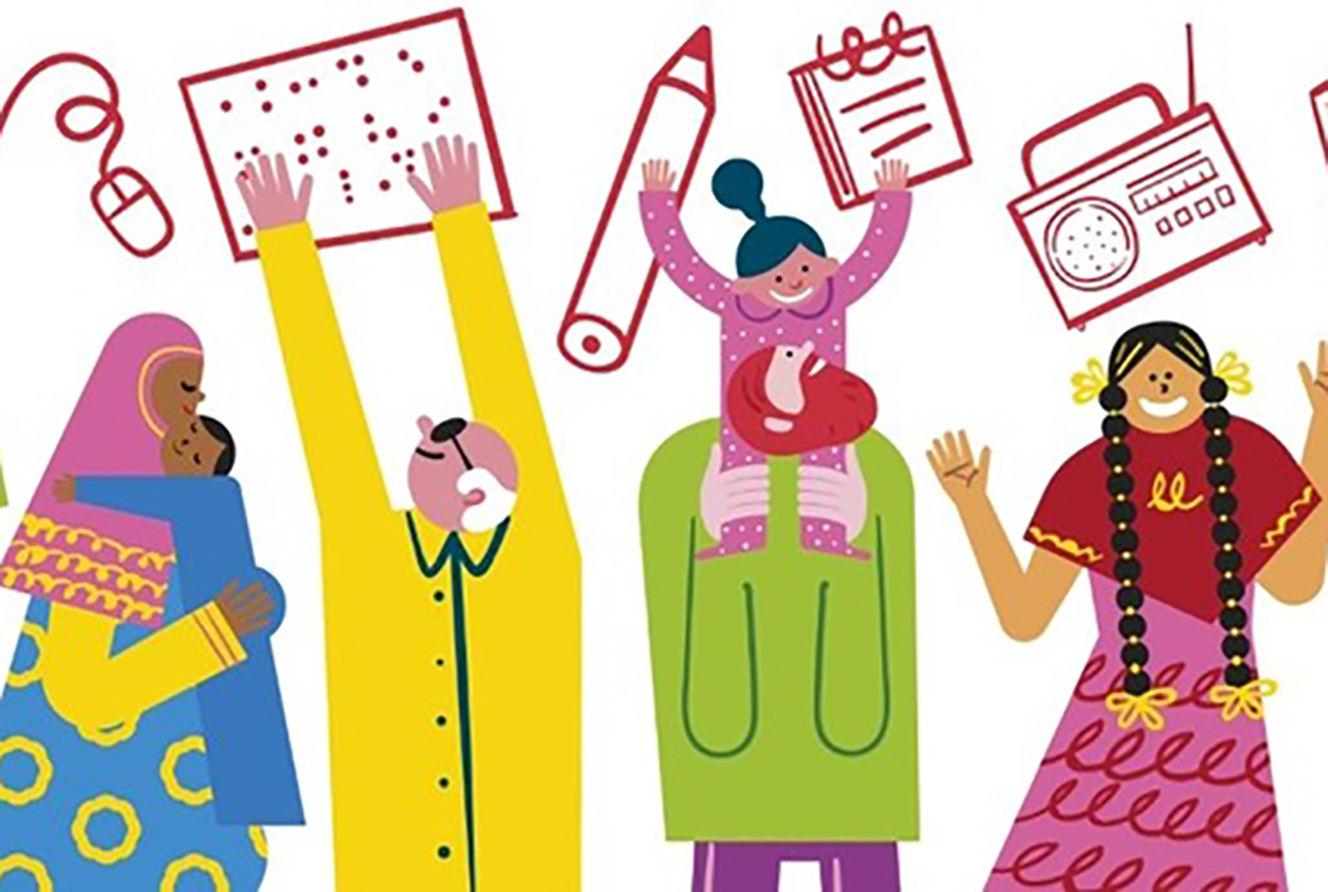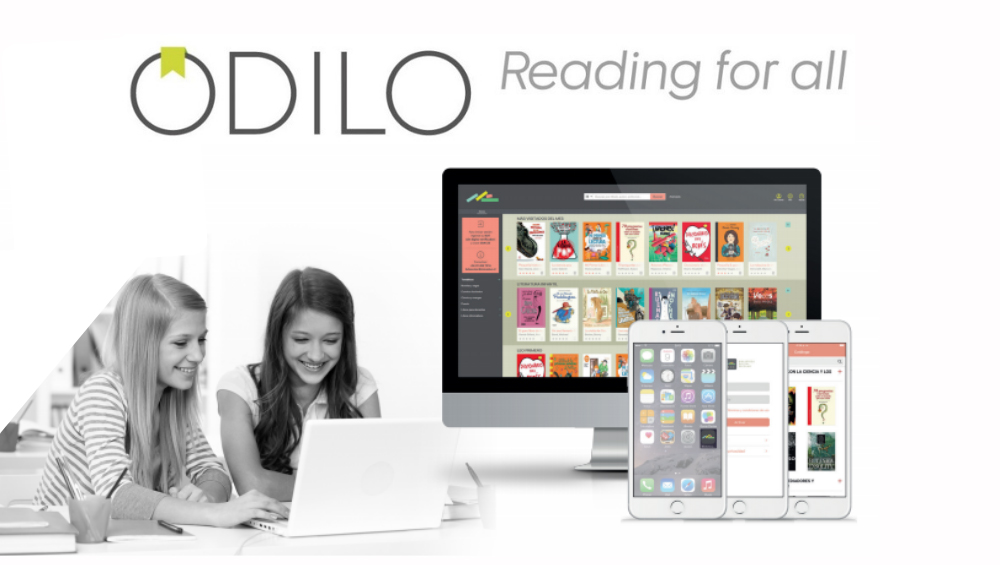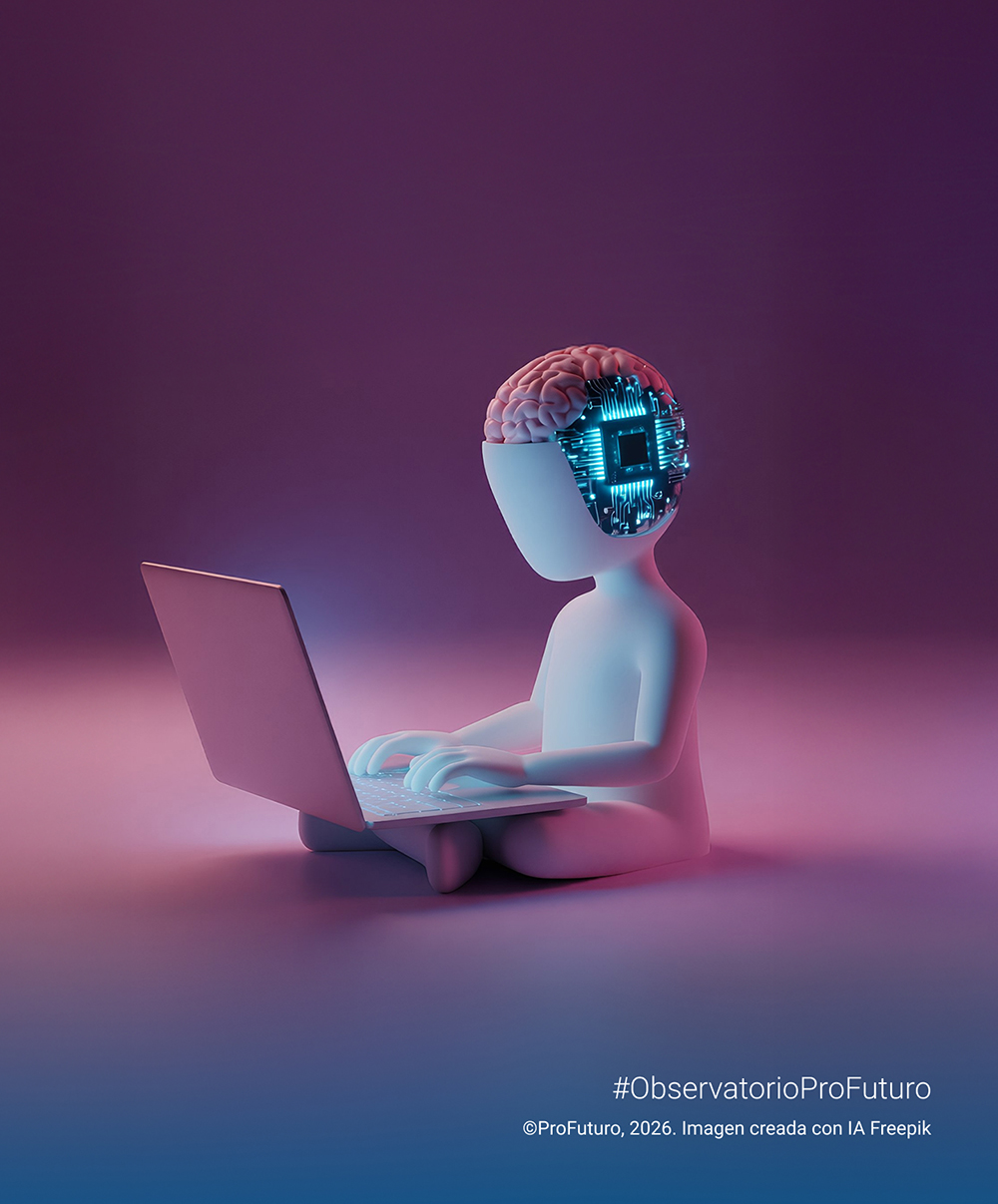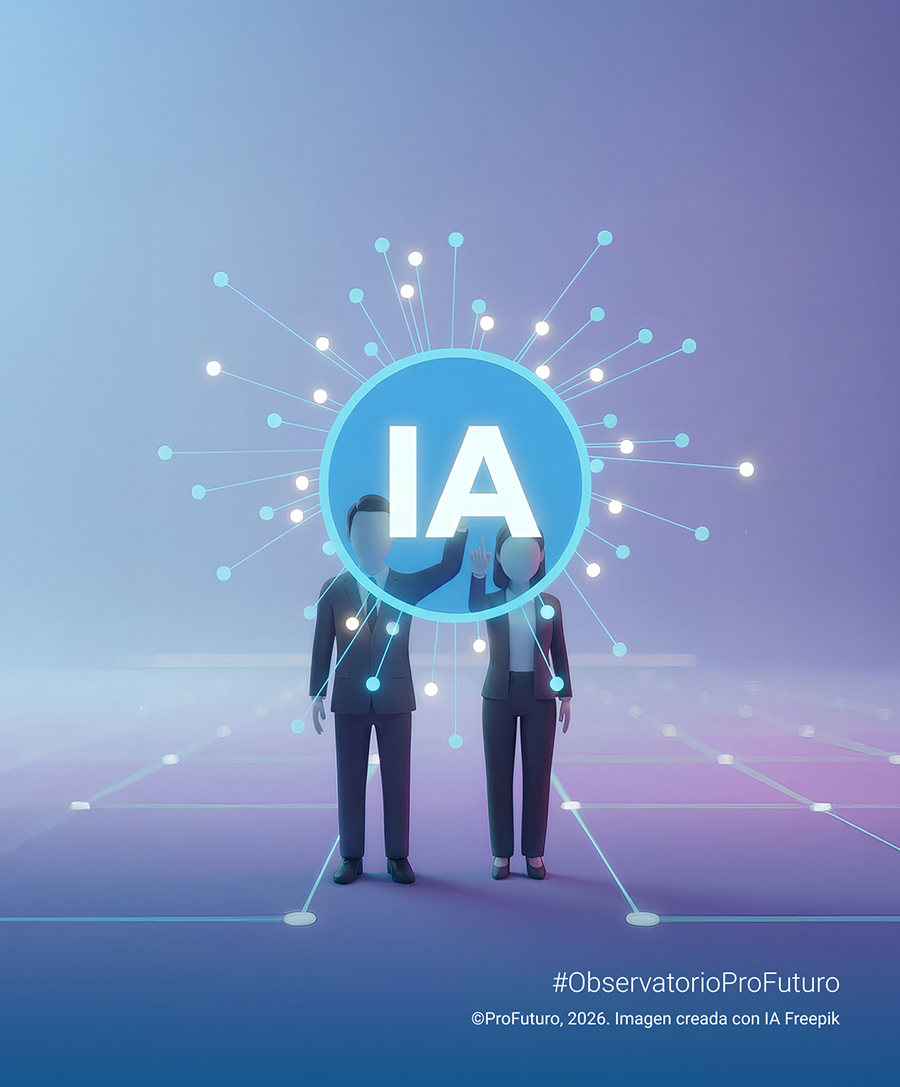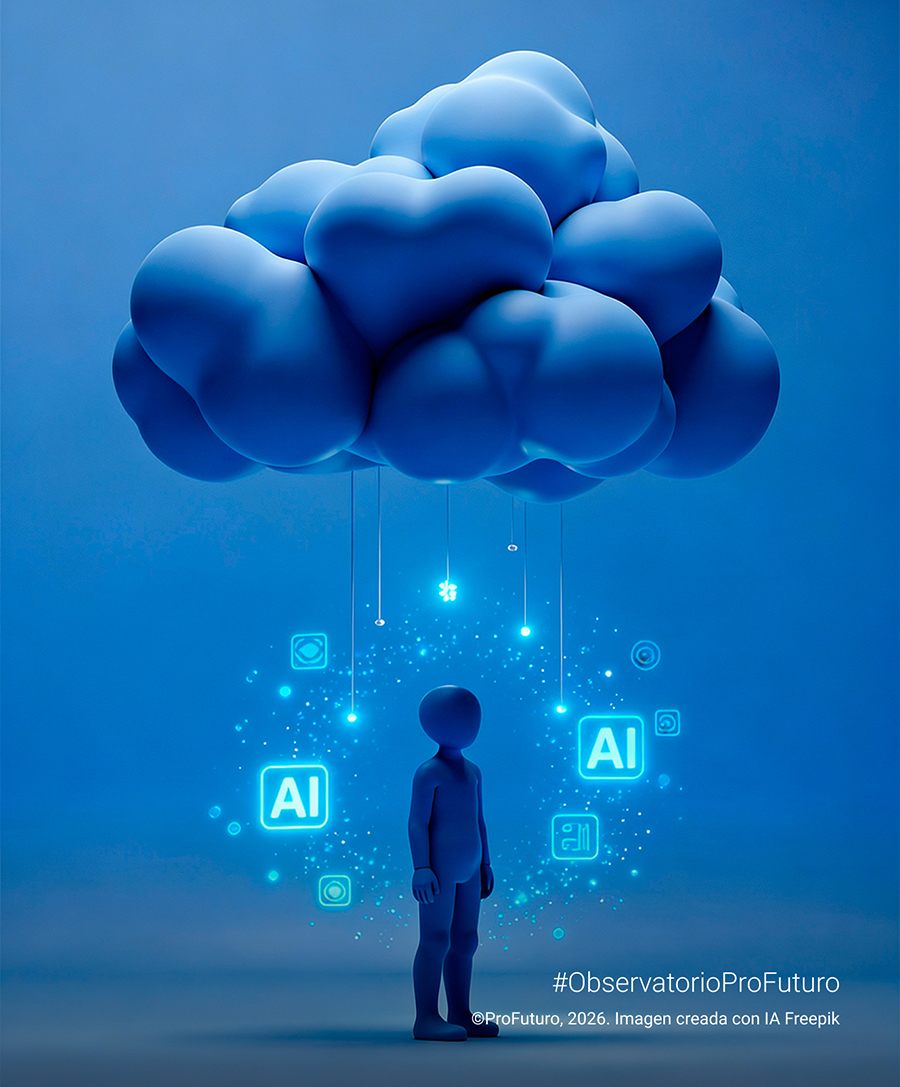Literacy 3.0
But the very concept of literacy has undergone a major change over the last 20 years; today, in addition to the basic skills of reading, writing and arithmetic, we must add digital skills, in other words, those which, according to UNICEF, enable girls and boys to “thrive and flourish in an increasingly global digital world by being both confident and empowered in ways that are appropriate to their age and local cultures and contexts”.
However, the pandemic has highlighted the large digital gap that persists in terms of connectivity, infrastructure and the capacity to use technology. According to the International Telecommunications Union, almost half the world’s population (3,700 million people) don’t use the Internet.
This year’s International Literacy Day places the spotlight on the interactions between literacy and digital skills, focusing on the factors that allow literacy to be based on inclusive and useful technology to ensure that no one is left behind. We at the Observatory would like to join in the celebration by highlighting some programmes that promote literacy through technology.
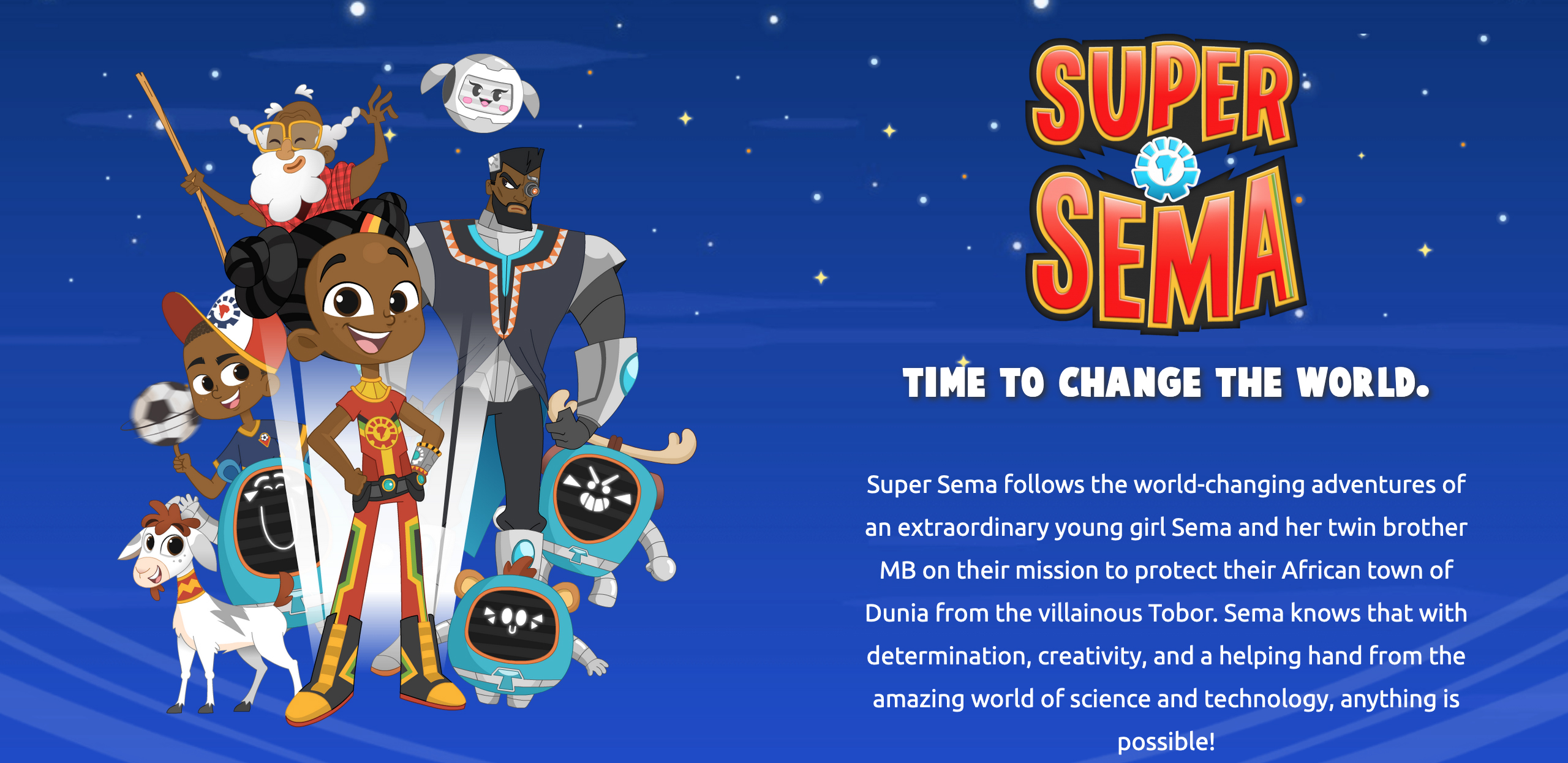
Kukua, the literacy superpower
Sema is a Kenyan superheroine; her superpower is literacy. Sema is a ten-year-old girl who’s teaching millions of young Africans to read, write and calculate by means of a video game and an app. Assisted by her brother, she uses technology to overcome different challenges in her community. Through this game children can learn English and Swahili, although, during the Syrian civil war, its creator adapted the app to help refugee children. You can read the post here.
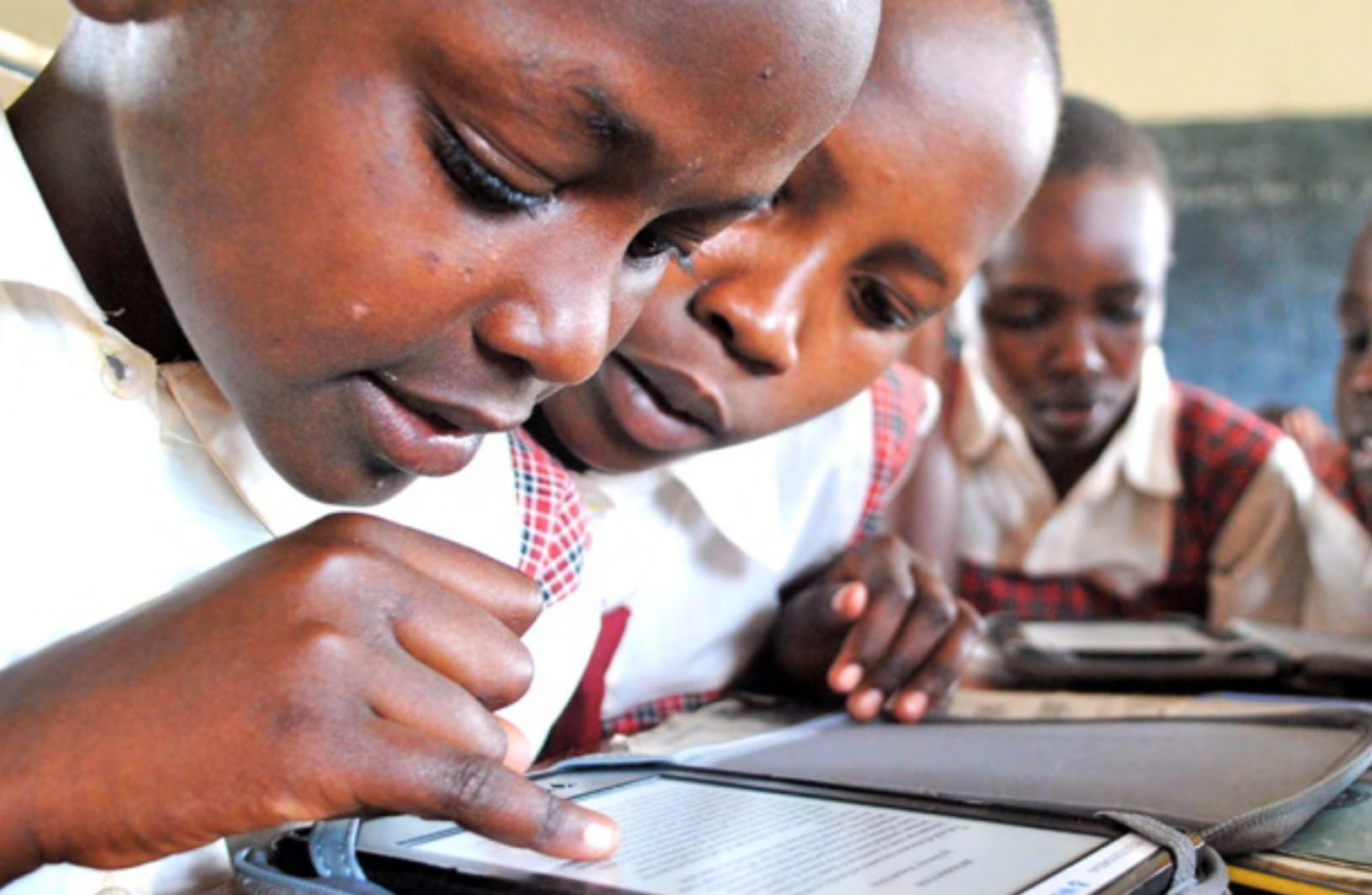
Wordreader, a pocket-sized world of the book
A former Amazon executive, an orphanage in Ecuador and a padlock were the origins of Wordreader, a non-profit organisation that promotes reading through e-books and mobile phones. Since 2010, more than 10 million users in 49 countries have read via its digital library containing around 40,000 e-books. Find out more in this post.
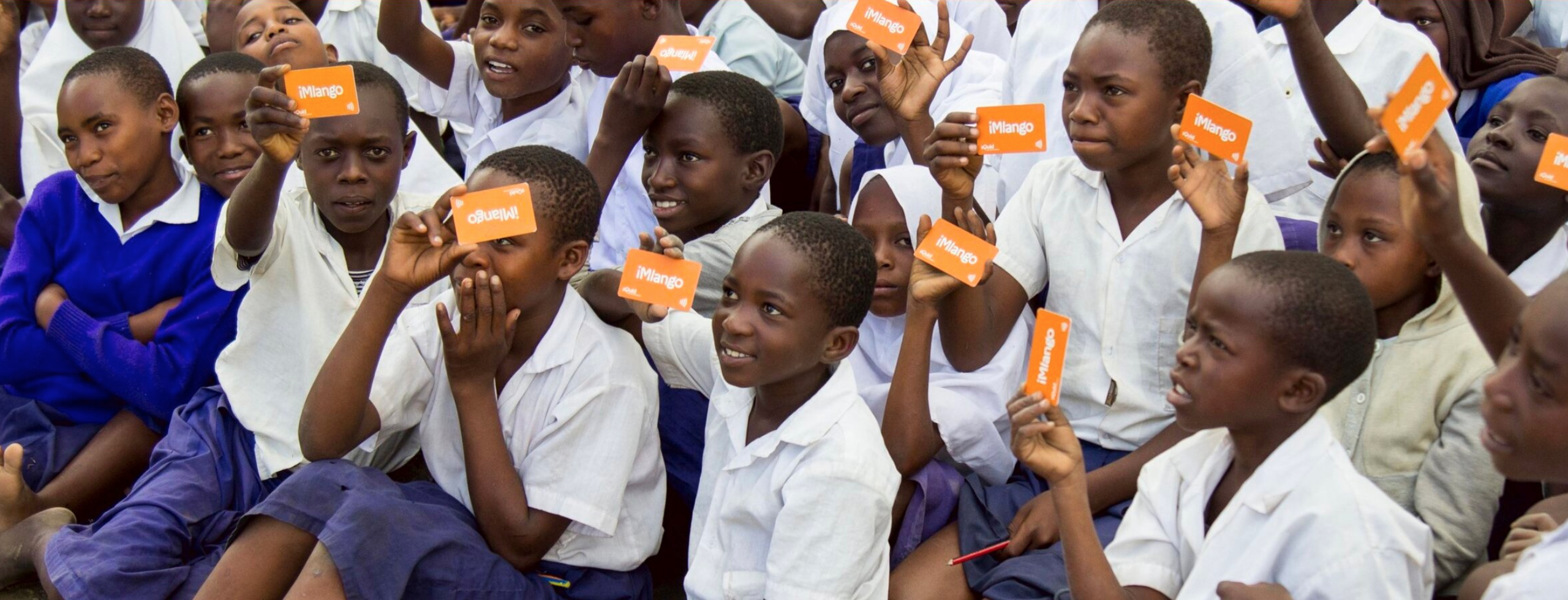
iMlango, digital education in Kenya
In Kenya one million children don’t attend school on a regular basis due to economic, social and environmental problems. IMlango is a comprehensive digital education programme whose purpose is to improve the academic results of 285,000 Kenyan children in mathematics, literacy and life skills. It does so by providing access to digital contents and services. You can read a post about it here.
ODILO, an unlimited and customisable content platform
Odilo seeks to address the lack of access to high-quality digital content so as to contribute to educational equality by means of smart digital libraries and learning solutions that can increase the students’ reading comprehension and facilitate the teachers’ work. Odilo shapes a kind of “unlimited learning ecosystem” in which the teachers can design plans tailored to their lessons and students. If you want to find out more about Odilo, click here.
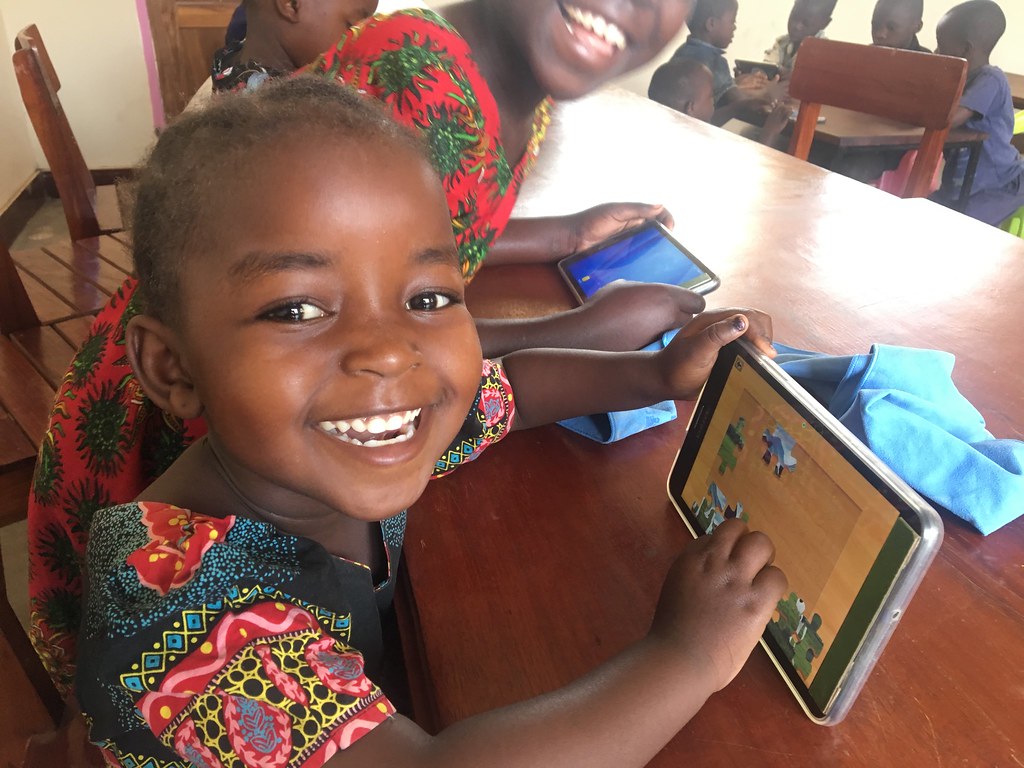
Kitkit School, a digital programme for special children
It gets its name from Thai (Kitkit means “think” in this language), although its creators are a Korean couple, both engineers, who, inspired by their son, a child with special needs, decided to devote their talent to designing accessible games and applications to help children to learn on their own. “What should educational content geared towards unmotivated children look like? How can we help a child who isn’t ready to learn the school curriculum?” These questions led to the creation of Kitkit School, a comprehensive syllabus based on tablets and digital apps and designed to provide children with the fundamentals and practice required to develop basic literacy and numeracy skills, regardless of their access to a school or resources. To find out more about this initiative, visit this post.



